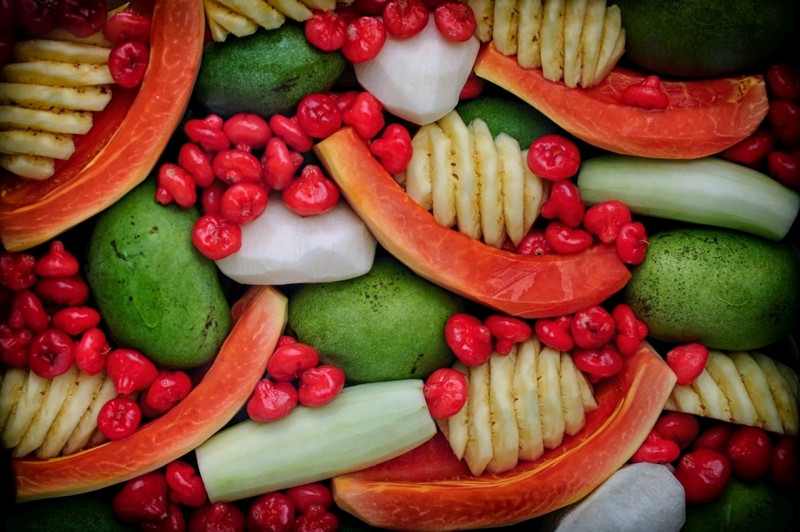With the health and fitness industry being one of the fastest growing industries, and one of the most lucrative, it's easy to be blindsided with myths, trends and hyped up versions of the truth when it comes to what's really good for us. Today, everyone wants to be in the know with their health, with today's generations more health-conscious than any generation before us. From kale smoothies and raw diets to spiralizing machines and turmeric lattes, Millennials and Generation Y have been willing guinea pigs for every type of health trend. And superfoods have been no different. But with so many fads and fakes around, people have to question whether superfoods really are that super? Can superfoods such as goji berries or chia seeds really fight off illness and disease? The debate continues as science comes head to head. And while it's easy for skeptics to dispute the validity of scientific research conducted, we also need to consider that there's also plenty of data to back these so-called superfoods.
Can Superfoods Save Us?
The truth about superfoods is that they cannot make you live forever. Taking a wheatgrass shot won't cancel out the detrimental effects of alcohol, cigarettes, burgers and donuts. But that's not to say that there hasn't been evidence to prove that they really are powerful. When consumed with a well-rounded diet and combined with diet and exercise as well as a healthy lifestyle, that is. Some of the latest research includes this infographic from Focus Clinics about how superfoods can improve eye health, protecting our eyes from harmful blue light and age-related macular degeneration. (Image source: Focus Clinics)
The infographic using research conducted by Harvard University reveals that people who have more Lutein and Zeaxanthin in their diets (commonly found in many ‘superfoods'), are 40% less likely to suffer from advanced macular degeneration.
This study is the largest of its kind and has followed more than 100,000 participants over the course of 20 years. So this research is not to be taken lightly.
The NHS website also has a section dedicated to superfoods, including links to various studies to help the public separate fact from fiction. An example is the extensive list of studies relating to beetroot; with the NHS backing that there can be a modest reduction in blood pressure, moderate improvements in exercise performance, and potential increase of blood flow to certain areas of the brain for dementia prevention.
(Image source: Focus Clinics)
The infographic using research conducted by Harvard University reveals that people who have more Lutein and Zeaxanthin in their diets (commonly found in many ‘superfoods'), are 40% less likely to suffer from advanced macular degeneration.
This study is the largest of its kind and has followed more than 100,000 participants over the course of 20 years. So this research is not to be taken lightly.
The NHS website also has a section dedicated to superfoods, including links to various studies to help the public separate fact from fiction. An example is the extensive list of studies relating to beetroot; with the NHS backing that there can be a modest reduction in blood pressure, moderate improvements in exercise performance, and potential increase of blood flow to certain areas of the brain for dementia prevention.

